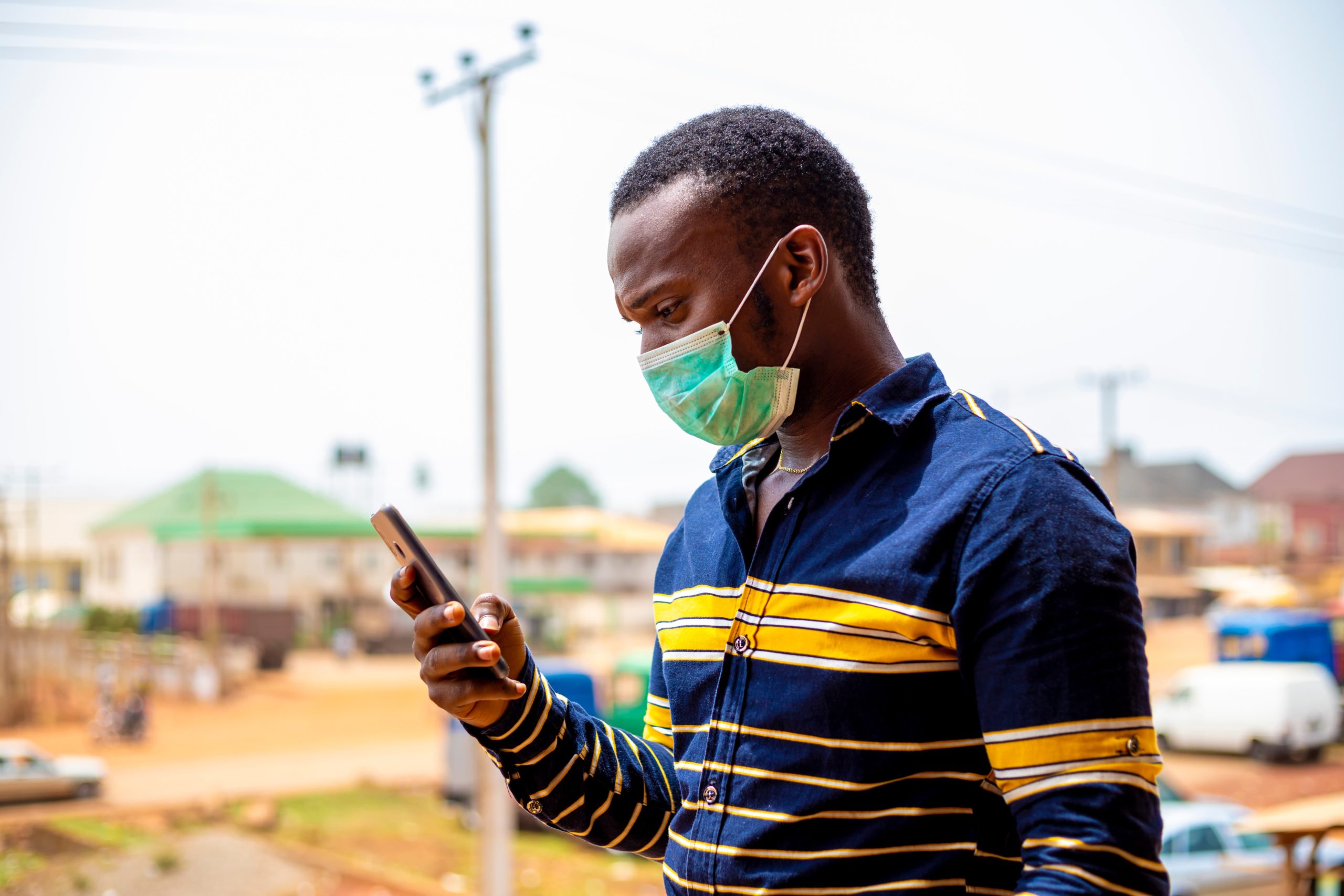
Overwhelm and inertia – using consumer insights in financial consumer protection supervision
Consumer outcomes: the holy grail. If you think about it, consumer protection is the ultimate raison d’être of all financial sector regulation. But what is “success” in consumer protection? The approach to financial consumer protection regulation has evolved over time. In recent years, more regulators have started to shift from a












